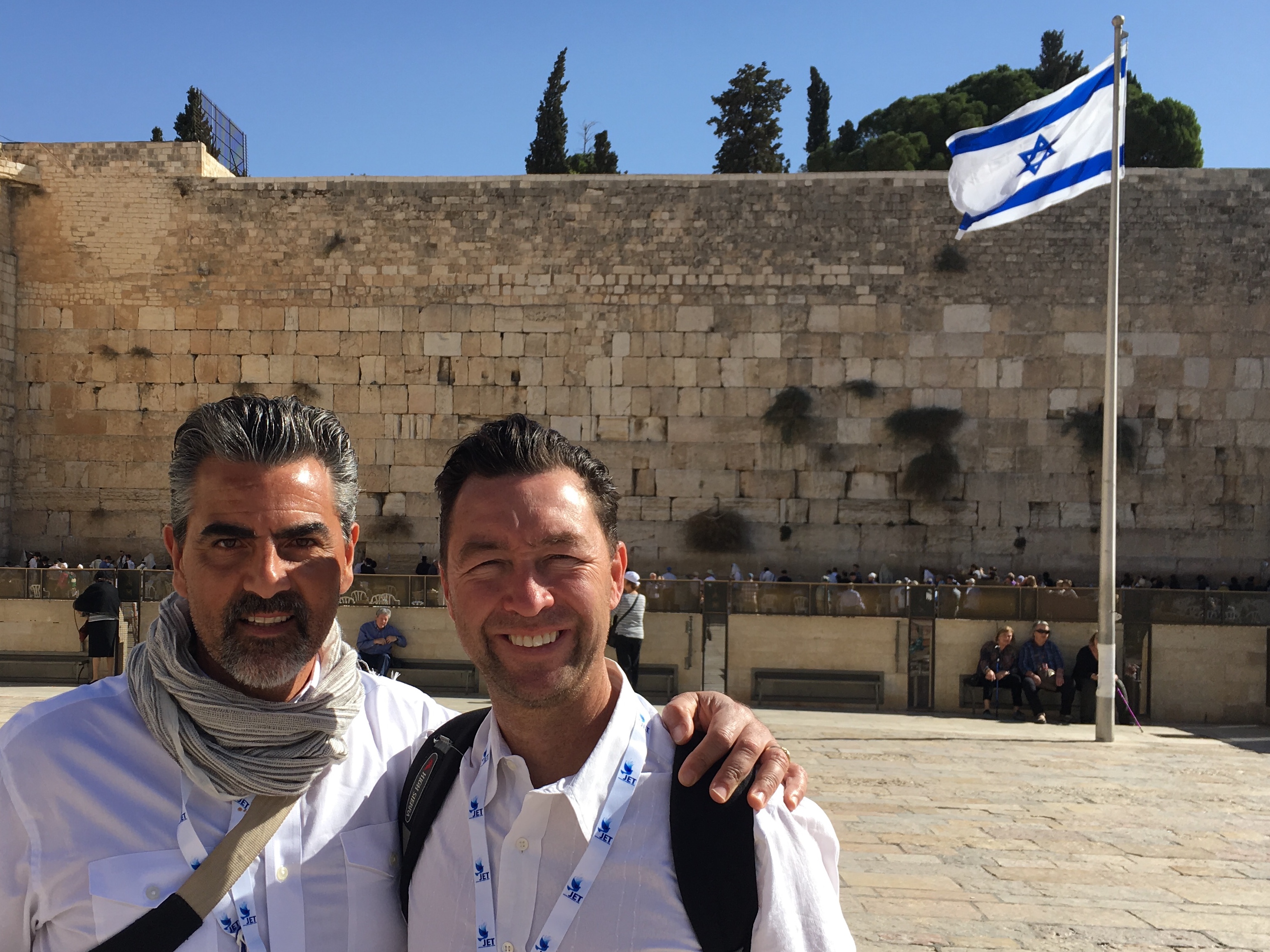God’s favor is no excuse for hurting other people.
God’s favored ones must continually seek God’s solutions to their problems
Their journey was long.
Abram and Sarai left home decades ago and saw miracles. Pharaoh could not touch them, nor could invading armies, like a cartoon hero, they were invincible.
Invincible and rich.
Invincible, but not without serious flaws.
A Bad Idea
Abram left Egypt with riches, and one of the prizes was Hagar. Her job was to serve Abram and Sarai, and the task was not easy. Unknown was whether she volunteered for the job. Certain is how foreign things were to her. Hagar left the comforts of Egypt to live in a tent, and most likely struggled to learn Hebrew.
Ten years into the job she is asked by the woman of the house to have sex with her husband, on the hope that the love child will be the answer to her prayers.
The love child will be a serious problem.
Sarai is following the habits of her neighbors, where surrogate motherhood is practiced as described. Surrogate motherhood has been around since the beginning of time, and is now practiced medically.
The text says Sarai gave Hagar to Abram as a wife, indicating Abram and Hagar had numerous sexual encounters and a bit of a romance. It also signaled Sarai’s fatigue in waiting upon the Lord.
As a man Abram had no problem with this set up.
Wounding Others
The text illustrates Sarai’s jealously and sinful regret, but her solution is to do the unthinkable, she wounds Hagar, and vicitimizes her all the more.
Abram has no conscience, saying, your servant is in your power, do to her as you please. Sarai afflicts Hagar, the word afflict is used in Genesis 15:13 to describe the pain Egypt will deliver to the Israelites under Pharoah. None of that was pretty.
Sarai is out of control, hazing Hagar for being obedient to her.
Pregnant and desperate, Hagar runs away, and God shows up.
Hagar, though a victim, is not without sin. The greater sin is clearly on Abram and Sarai, but like others, Hagar chose to cooperate with sin. Righteousness needs courage, and at the moment, no one in this story has any.
But God in his mercy comes to her.
It seems Jesus himself met with her. The phrase angel of the Lord appears for the first time in all scripture, and is understood as an Old Testament visitation of Jesus.
The question asked to her is profound, where did you come from and where are you going?
Hagar is honest, I am fleeing from my mistress Sarai.
The angel of the Lord asks her to return to Sarai and submit to her, the request is staggering because the word submit is the word for pain.
God knows the request is painful, but asks it of her, and releases upon her son an eternal promise, I will surely multiply your offspring so that they cannot be numbered.
It’s a staggering promise considering Hagar is on the run as a homeless, unemployed, single mom.
The Lord promises she will give birth to a son and is to be called Ishmael (Yishma-el), which means God will hear.
The text says Hagar bore Abram a son—no mention of Sarai—the conflict between Hagar and Sarai is in full swing.
The promised child of Hagar grows into the Arab people.
The promised child of Sarai grows into the Jews.
The mothers fought back in the day.
Their children fight to this present day.
Such are the fruits of sin.





